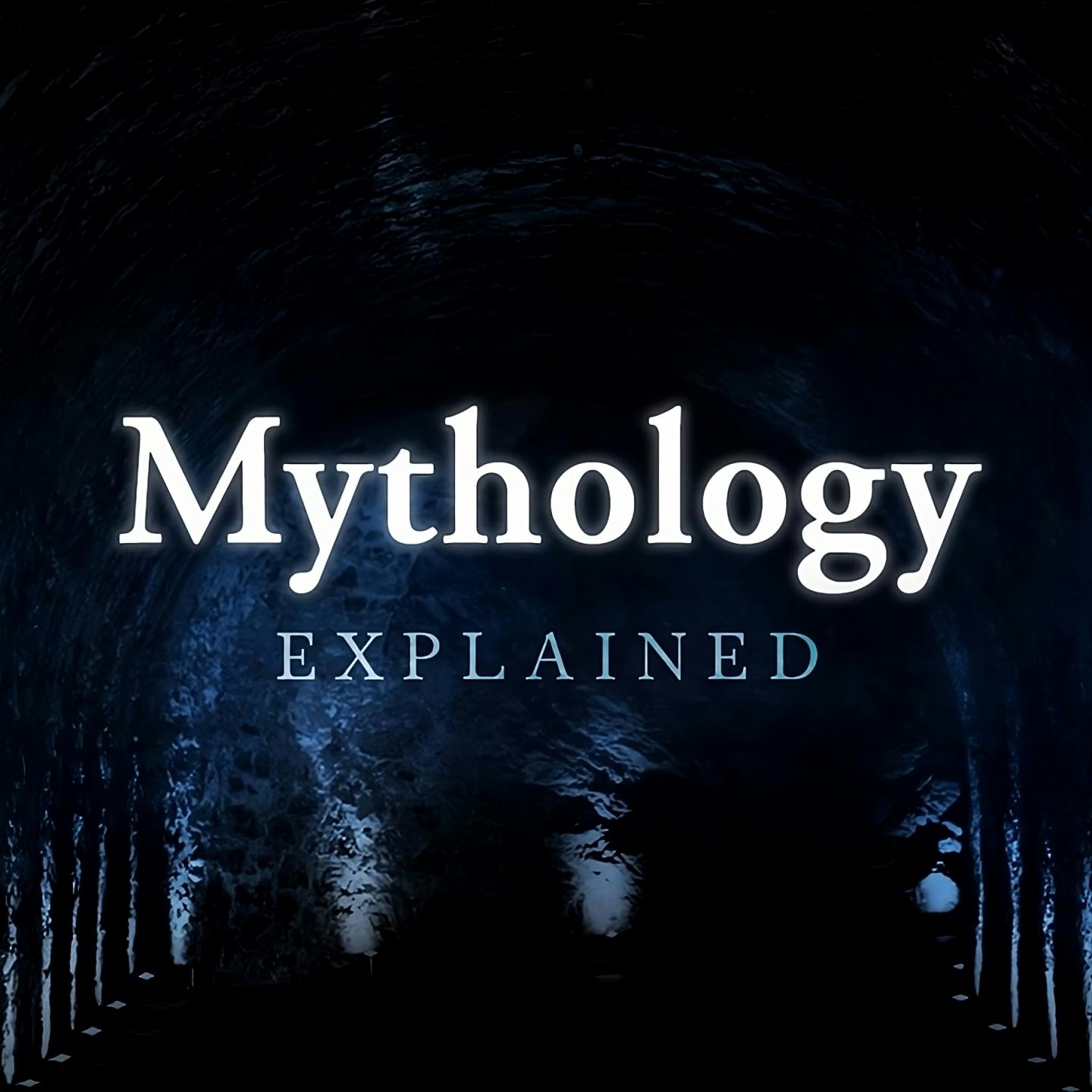
Primordial GIANTS--Born to Fallen ANGELS & Mortal Women--Killed by GOD

Mythology Explained
Shownotes Transcript
Hey everyone, welcome to Mythology Explained. In today's video, we're going to discuss the Nephilim: primordial giants of incredible size and strength, hybrid sons of fallen angels and mortal women, abominations despised by God, colossal corpses obliterated in the great flood that consumed the earth.We're going to start off by looking at two of the passages in which the Nephilim are mentioned in scripture. Following that, we're going to explore the Nephilim insofar as they are discussed in apocryphal works, specifically, The Book of Enoch and The Book of Jubilees.Let's get into itOne understanding of the word Nephilim is to mean "the fallen ones", derived from the Hebrew Naphal, meaning "to fall". Frequently, though it is directly translated as "giants", a word used instead of Nephilim in Greek, Latin, and English versions of the Old Testament.One of the oldest translations of the Hebrew bible is the Septuagint, a Greek translation. The name Septuagint was given to this Greek translation on account of a story surrounding its creation. The word for 70 in Latin is septuaginta, so the name Septuagint was supposedly derived from there being 72 translators, six representing each of the 12 tribes of Israel. It is thought that the Torah (the first five books of the Hebrew bible), was translated around the middle of the third century BCE, and that the subsequent two divisions of the Hebrew bible (the Nevi'im and the Ketuvim) were translated sometime in the second century BCE. In this translation, the word Nephilim was rendered to gigantes, the Greek word for giant, a change that was similarly embraced by some Latin translations (such as the Vulgate, which became the definitive Latin version used by the Catholic Church) that followed in the centuries to come. Continuing this trend were many of the English translations, these also favouring the word giant. However, as said, the adoption of the word giant as a substitute for Nephilim wasn't universal, as can be seen in the English Standard Version of the bible, which uses Nephilim, not giant. Furthermore, English translations of the Tanakh (the Hebrew bible) still use the word Nephilim, as well.